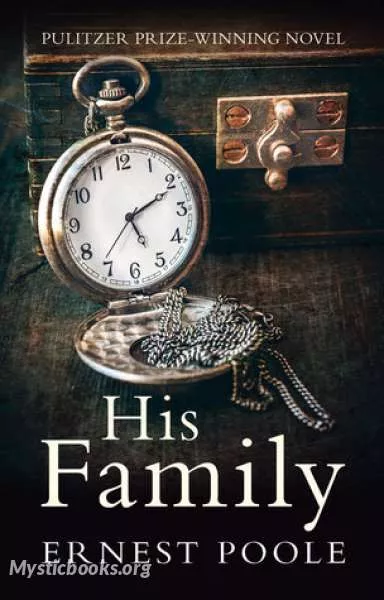
His Family
by Ernest Poole
'His Family' Summary
The story begins in the spring of 1913 with Roger Gale, a New York businessman and a widower, owner of a media monitoring service, reflecting on the changes that have come to New York since his arrival in the city as a young man from a New Hampshire farm somewhere near the time of the Civil War. He is driven by his wife's dying request to remain close to their three daughters, yet he feels very distant from them—this despite the fact that the younger two (Deborah, a school principal, and Laura) live in the family home with him, and Edith, who is married with four children, visits him regularly.
The early conflicts within the family largely surround Laura's sudden announcement of her engagement to Hal Sloane, a young businessman who is generally unknown to the family, and Edith's pregnancy, as her fifth child arrives weeks before his due date, endangering her life. After the baby's birth and Laura's wedding (and subsequent honeymoon to Europe), Roger's concerns turn to the one daughter remaining at home. Deborah works constantly at her school, and spends her free hours agitating for reforms and financial support to help the families living in the tenements. Roger is disturbed by this, especially given his prejudices against the immigrant families Deborah works with, but a visit to Deborah's school changes his perspective. He takes a crippled Irish boy named John into his care, providing him with lodging and a job in Roger's news clipping office downtown.
When summer arrives, the family goes to spend most of it on the old family farm in New Hampshire. At the farm, Edith's oldest son, George, is happiest, pursuing his interest in becoming a farmer someday; Edith's husband, Bruce Cunningham, spends most of his time racing around the backroads on his brand-new automobile.
That following winter, Roger becomes concerned about his daughter, Deborah, whose suitor Allan Baird, a doctor and friend of the family, seems to be giving up hope of marriage. Roger conspires with his daughter Edith and her husband Bruce to pressure Deborah, and she eventually accepts Allan's proposal (with the caveat that they wait until the end of the school year, so that a long honeymoon in Europe can be enjoyed).
Before the date of the wedding is reached, Bruce is struck by a taxi while standing next to his car in the street. After his death, Edith and her children are forced to return to the family home, until Roger arranges for their return to New Hampshire and the family farm. Deborah's wedding to Allan is delayed as a consequence—she asks him to wait until August. The end of July, however, brings the onset of World War I, and Roger's business loses many of its clients. As a result, he can barely afford to support the family, taking out a mortgage on the home to make ends meet, and Deborah chooses to delay her wedding again until the spring.
Given the family's financial straits, Edith's children have to be removed from their expensive private school and tutored from home by Edith herself. After weeks of this, Edith resolves to sell most of her possessions, and use the money for the children's school tuition. Edith also discovers that John, the Irish boy living in the home, has tuberculosis and orders Roger to send him away, which Deborah arranges for her father.
Laura, who has been largely absent from family affairs, returns suddenly to the house, arriving with luggage and refusing to see anyone but her sister, Deborah. Her husband, Hal Sloane, has made a large amount of money through war profiteering, but she has fallen in love with his business partner, an Italian, and Hal intends to divorce her, publicly or privately, as a detective has brought him "proofs" that Laura has been unfaithful to him. Roger, who initially resists the divorce, relents when he learns of his daughter's indiscretions, and she elopes with her lover soon thereafter.
As their money troubles worsen, Roger is forced to sell his antique ring collection to cover the family's bills, and tensions increase between Deborah and Edith over money: Deborah raises large amounts of money for "her family" of tenement schoolchildren, and Edith feels it's wrong of her not to devote her energies to the care of her niece and nephews. Edith is also very hostile to Deborah's "modern" ideas about women's suffrage, and the resulting arguments are very stressful on Roger.
When Roger learns that Deborah has ended her engagement to Allan Baird, he intervenes, informing her that he is fatally ill, and pleading with her to make a life for herself beyond her school. He intends to sell the family home, use most of the funds to set up the family farm in New Hampshire so that George (now 17) can become a farmer and support his mother and siblings, and prepare for death. After she agrees to marry Allan, Roger finds good fortune at last: John, the Irish boy who works for him, discovers a new source of clients and saves the business (and with it, the family home).
Roger lives out the end of his days watching Deborah and Allan settle down happily together and have their first child. John, who a doctor had said would never live past 30, falls ill and passes away suddenly, and soon thereafter, Roger falls ill for the final time himself. All of his daughters return to him to make their peace (even Laura, whose new husband allows her to find and reacquire Roger's prized collection of rings), and Roger dies feeling finally connected to his family, as his wife had hoped.
Book Details
Language
EnglishOriginal Language
EnglishPublished In
1917Authors
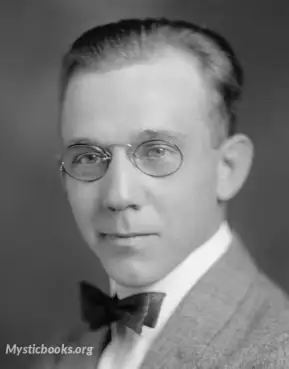
Ernest Poole
United States
Ernest Cook Poole was an American journalist, novelist, and playwright. Poole is best remembered for his sympathetic first-hand reportage of revolutionary Russia during a...
Books by Ernest PooleDownload eBooks
Listen/Download Audiobook
- Select Speed
Related books

Pierrot, Dog Of Belgium by Walter Alden Dyer
Pierrot, the heroic dog of Belgium, fought with his country's army to defend the native land. This unforgettable tale of a dog's fidelity follows Pier...

The Gift of the Magi by O. Henry
"The Gift of the Magi" is a short story by O. Henry first published in 1905. The story tells of a young husband and wife and how they deal with the ch...

Plain Living by Rolf Boldrewood
In the heart of the Australian countryside, amidst rolling hills and picturesque landscapes, we meet the residents of Glenmaggie, a small town where l...
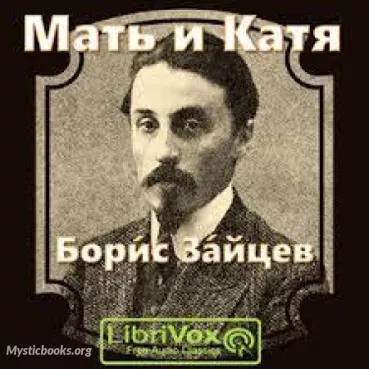
Мать и Катя by Boris Zaytsev
В романе "Мать и Катя" Бориса Зайцева раскрываются сложные взаимоотношения между матерью и дочерью, полные страсти и противоречий. Катя – молодая деву...

Seven Little Australians by Ethel Turner
This is the story of seven incorrigible children living near Sydney in the 1880’s with their military-man father, and a stepmother who is scarcely old...
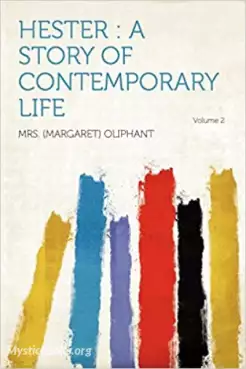
Hester: A Story of Contemporary Life, Volume 2 by Margaret O. Oliphant
Hester is an 1883 novel written by Margaret Oliphant. It examines the cycle of history through the lives of the Vernon family. The book was published...

Mildred's New Daughter by Martha Finley
The story follows Mildred Keith and her struggle to find her place in her new adoptive family. She must navigate the challenges of adjusting to a diff...
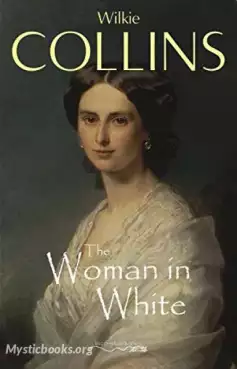
The Woman in White by Wilkie Collins
The Woman in White is Wilkie Collins's fifth published novel, written in 1859. It is considered to be among the first mystery novels and is widely reg...
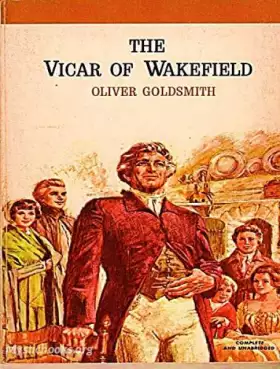
The Vicar of Wakefield by Oliver Goldsmith
The Vicar of Wakefield – subtitled A Tale, Supposed to be written by Himself – is a novel by Irish writer Oliver Goldsmith (1728–1774). It was written...
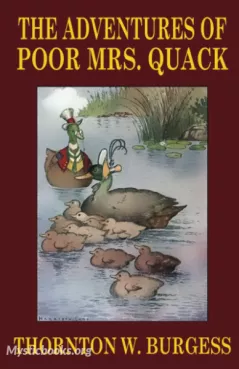
The Adventures of Poor Mrs. Quack by Thornton W. Burgess
It is a children's book that tells the story of Mrs. Quack, a duck who is trying to find a new home for her family. The book was first published in 19...
Reviews for His Family
No reviews posted or approved, yet...